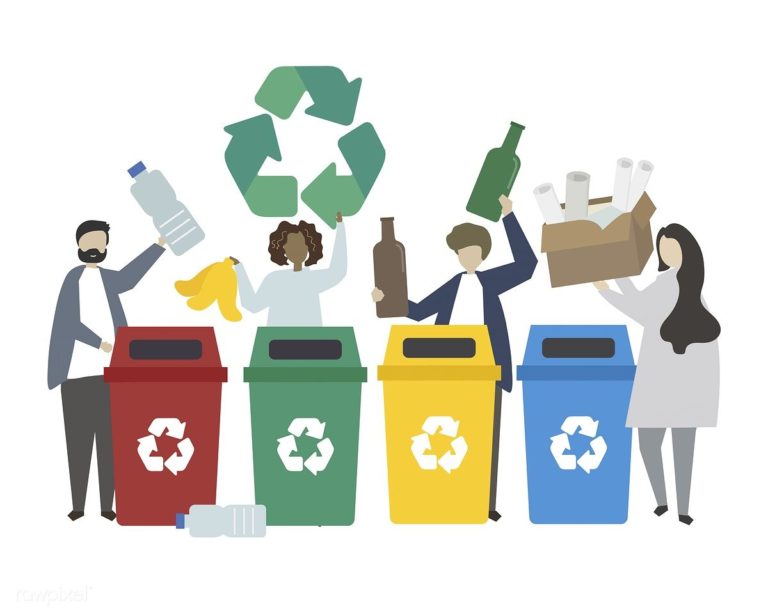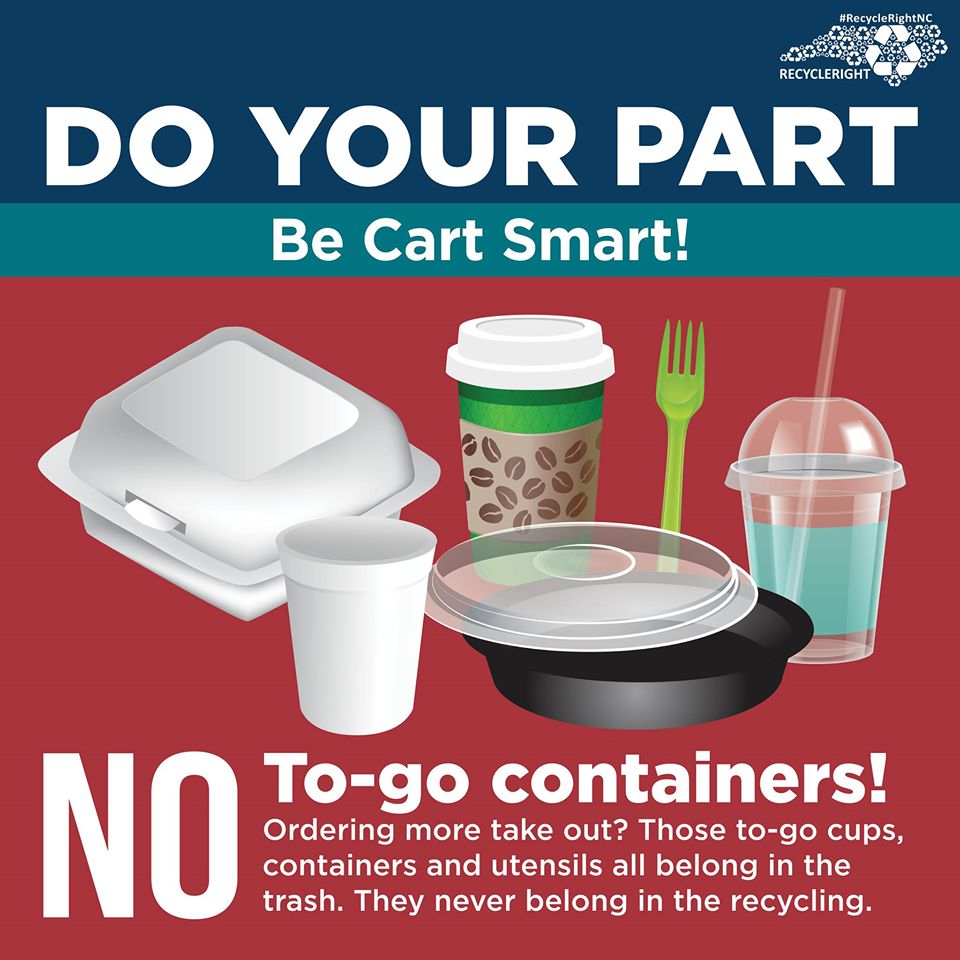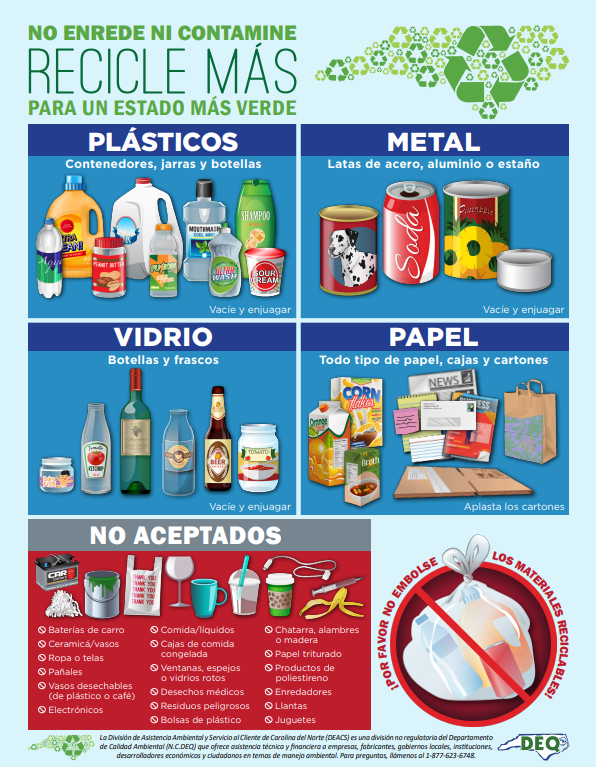Are you “recycling right?” We’ve all had that moment when we’ve gotten confused on what the City of Asheville accepts and does not accept in the Big Blue recycling bins.
Getting it right is important and here’s why: As a city, our contamination rate is on the rise. Where we were previously at a 5% contamination rate several years ago, we inched up to 6% last year, and are around an 8% contamination rate now. Recycling “contamination” is non-recyclable material or garbage that ends up in the recycling system.
To help us as a community reduce the recycling contamination rate, the City of Asheville is working with neighborhoods to increase awareness on how to “recycle right.”
That’s why the City’s Sanitation Division this year launched the AVL Collects webpage and a free AVL Collects smart device app, available for Apple and Android devices.
Need a reminder about your trash/recycling collection day?
Want to look up information about what’s recyclable and what’s not, or where to recycle that old TV?
AVL Collects does both!
It allows residents to download their personal collection schedule for print or to an e-calendar, as well as set phone, email, or mobile app reminders about when to set out their trash, brush, and recycling.
Residents can also sign up to receive notifications of service delays or changes.
The app also features a “Waste Wizard,” which allows residents to search for items and find out how and where to properly recycle or dispose of them, helping everyone to recycle more and recycle right to divert as much as possible from the landfill.
Top contaminants to keep out of your recycling
Did you know that the biggest recycling contamination culprit is plastic bags? Plastic film and bags (like retail grocery bags) are not recyclable in the City’s curbside collection program. They are accepted for recycling at many local grocery and retail stores. Plastic bags get tangled in recycling processing machinery, which leads to downtime and increased maintenance for the processor who has to manually cut the bags out of the machinery every day. Contaminants like plastic bags can also get into loads of recyclables that our vendor needs to sell, which can cause a load to be rejected or to earn a lower price. So just say no to plastic bags in your recycle bin!
The same holds true for to-go containers —and we are using them a lot right now. Just say no to putting them in a recycle bin. They cause contamination and too much contamination can ruin loads of good recyclables, making the recycling business less profitable for our vendor.
Let’s “Recycle Right,” Asheville!
Get more info on the Yes and No’s of Recycling in the City of Asheville at ashevillenc.gov/recycling.
Related reading:
What is recycling contamination, and why does it matter?



